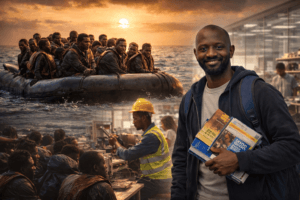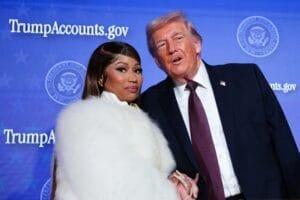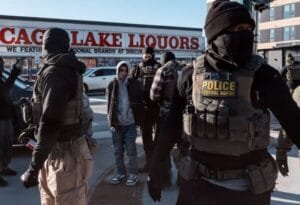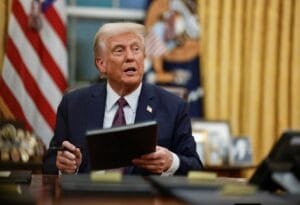Dr. Alissa calls for faith-driven peace amidst Israel-Palestine conflict
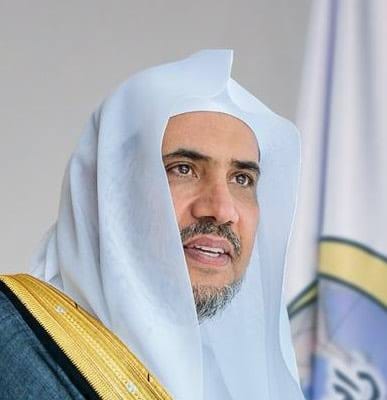
Dr. Mohammad Bin Abdulkarim Alissa In a powerful interfaith event in Washington, DC, the Secretary-General of the Muslim World League (MWL), Dr. Mohammad Bin Abdulkarim Alissa, delivered a poignant address on the critical role of religion in fostering dialogue, reconciliation, and lasting peace
Hosted by the MWL—a prominent Muslim organization based in Mecca—the event explored the intersection of faith and conflict resolution, with a focus on the Israel-Palestine crisis.

Dr. Alissa’s speech broke new ground as he courageously addressed the dual challenges of condemning violence and advocating for peace. “While I am not a politician,” he stated, “I see an immense role for religion and faith in this conflict.”
Also Read: Hong Kong reshuffles leadership in bid to boost tourism, economic growth
He stressed the need for rational religious discourse, criticizing those who minimize faith’s influence on such deep-rooted issues. Dr. Alissa affirmed the MWL’s support for a two-state solution, emphasizing, “Both sides have a right to be in the land, a right to their claims.”
In unequivocal terms, Dr. Alissa condemned the October 7 attacks as criminal and inconsistent with Islamic values, calling for the immediate release of innocent Israeli hostages. Yet, he was equally firm in opposing Israel’s actions in Gaza, highlighting the inhumanity of collective punishment. “Unjustly held Palestinian prisoners must also be released,” he asserted, urging that faith leaders promote engagement and dialogue to end bloodshed and build a peaceful coexistence.
The event also spotlighted MWL’s pivotal contributions, including the Mecca Charter, which united thousands of Muslim scholars in rejecting extremism and advocating for moderation and interfaith cooperation. “This is my Islam,” Dr. Alissa declared, envisioning a faith-driven approach to resolving modern conflicts.
During the Q&A session, I asked Dr. Alissa how healing could begin after the Gaza war. He proposed a multifaceted approach involving faith leaders, educators, and policymakers. “The future entails coexistence,” he said, calling it both a necessity and inevitability. He stressed the importance of correct religious interpretations to prevent violence and extremism.
Community reactions underscored the importance of this dialogue. Sheikh Musa Drammeh remarked, “Alhamdulillah! Dr. Alissa has always been a bright light in dark places. There’s an unstoppable trend in the Muslim world for embracing moderation.”
Others, like Stephen Schwap, turned their focus to political dynamics, critiquing Hamas and Fatah’s governance. “Gaza has become nothing more than a political bargaining chip,” Schwap commented, accusing Hamas of exploiting the Palestinian struggle for personal gain.
Dr. Alissa’s message resonated deeply, embodying the belief that faith can be a powerful tool for reconciliation and progress. By embracing dialogue and moderation, he showed how religion can rise above division to build bridges, not barriers.










